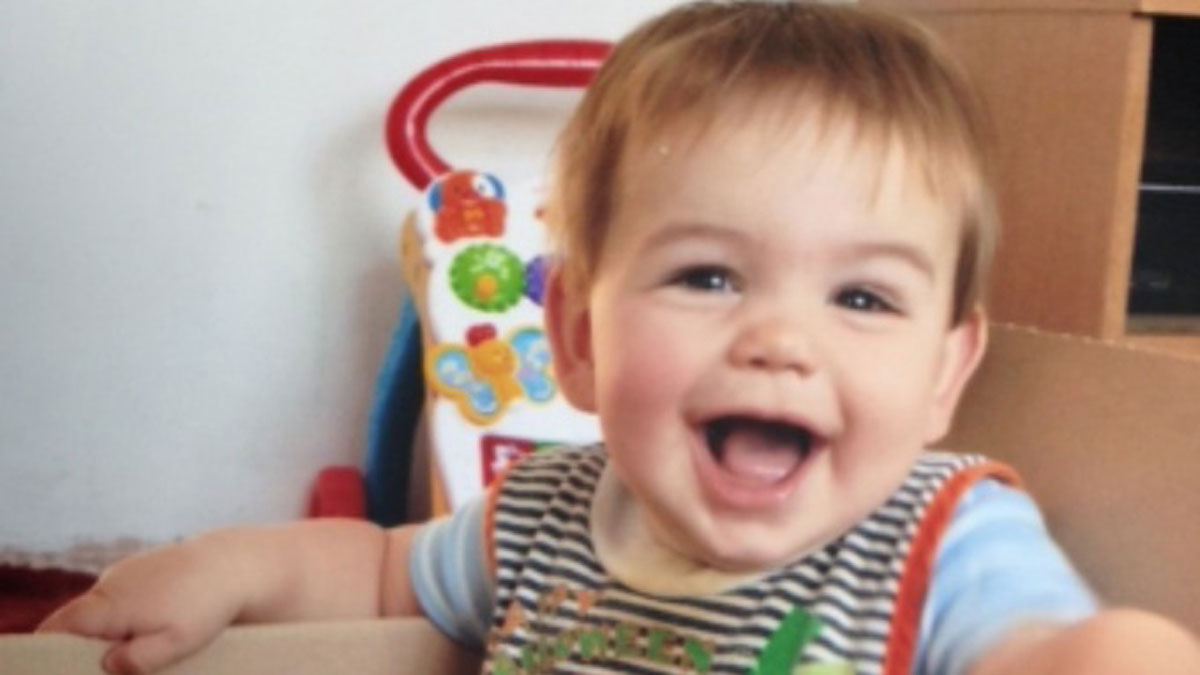William Mead: NHS 111 'missed chance to save baby'
Toddler died of sepsis after helpline staff told his mother 'it's nothing serious'

A free daily email with the biggest news stories of the day – and the best features from TheWeek.com
You are now subscribed
Your newsletter sign-up was successful
Questions have been raised over the efficacy of the NHS's non-emergency phone-line service after operators failed to spot that a baby was suffering from sepsis.
Twelve-month-old William Mead, from Penryn, who died on 14 December 2014, might have lived if NHS 111 staff had been better trained, says a new report.
The NHS England study found that several chances had been missed to save the baby's life and criticised both his GP and the 111 service, reports the BBC.
The Week
Escape your echo chamber. Get the facts behind the news, plus analysis from multiple perspectives.

Sign up for The Week's Free Newsletters
From our morning news briefing to a weekly Good News Newsletter, get the best of The Week delivered directly to your inbox.
From our morning news briefing to a weekly Good News Newsletter, get the best of The Week delivered directly to your inbox.
A coroner's inquest six months after William's death found he had been killed by septicaemia blood poisoning caused by a long-running chest infection that could have been treated and saved.
William's mother Melissa said doctors had told her "not to worry" and that staff on the 111 helpline assured her it was "nothing serious" before he died.
The report concluded that if a medic had taken her phone call, rather than a 111 operator, they would probably have identified William's cries "as a child in distress" and his life could have been saved.
It also listed the missed chances to save William's life, saying:
A free daily email with the biggest news stories of the day – and the best features from TheWeek.com
- His GP did not record all of the relevant information in his notes;
- William's symptoms had not been recognised by doctors as something serious;
- The advice given to William's parents about what to do if his condition worsened over the weekend was inadequate;
- The Meads' out-of-hours GP service did not have access to William's records;
- The pathway tool used by NHS 111 call-handlers was too crude to spot the "red-flag" signs of sepsis.
Lindsay Scott, the director of nursing for NHS England in the south-west, apologised to the Meads and said local staff at NHS 111 had been given extra training.
Melissa Mead said she hoped other parents would be spared her ordeal.
"We are glad the report has shown up there were failures and missed opportunities. We hope from the recommendations made this never happens again," she said.
"We fought the hardest battle to get answers, knowing we had already lost William."